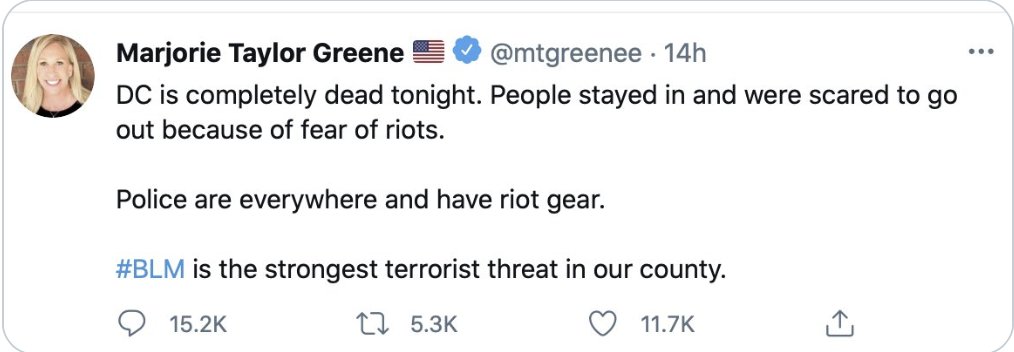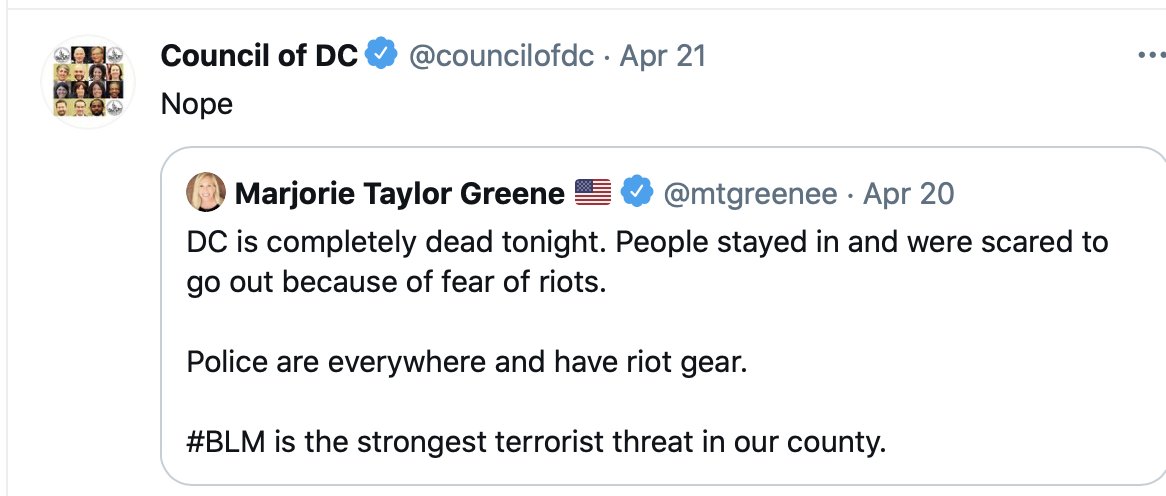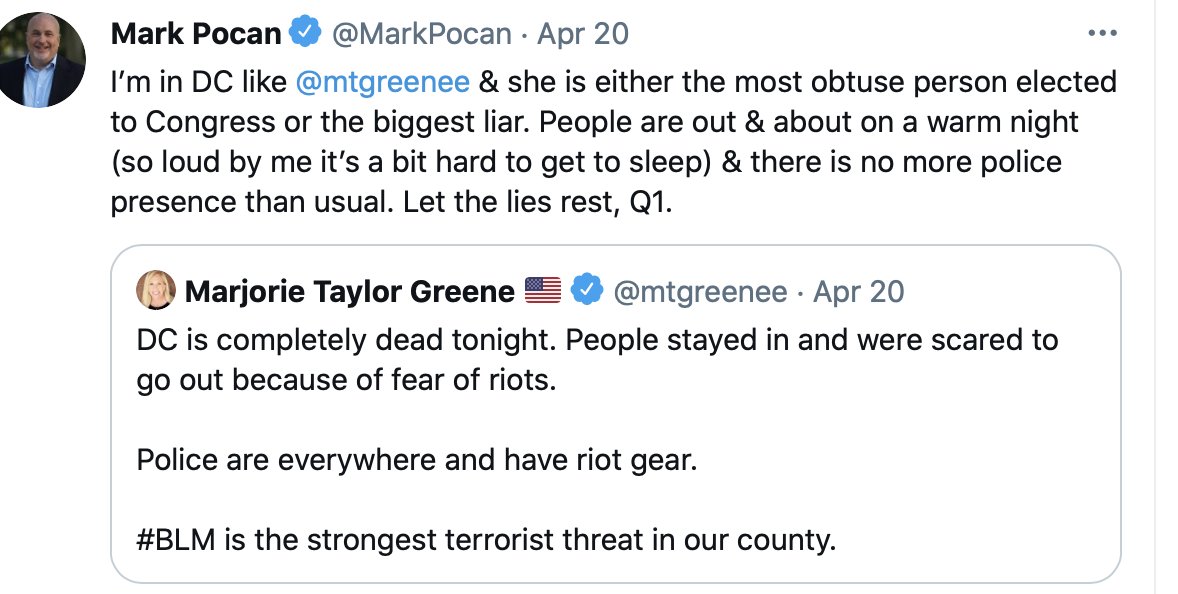
It looks like the House Democrats were right, and
@RudyGiuliani was up to no good in 2019.
(But we knew that) Phony impeachment 🤣
Remember what was happening then? I do . . .
1/
@RudyGiuliani was up to no good in 2019.
(But we knew that) Phony impeachment 🤣
Remember what was happening then? I do . . .
1/
https://twitter.com/RudyGiuliani/status/1387936804217753601
November 25, 2018: Russia attacked and seized Ukrainian military vessels heading to a Ukrainian port.
Christopher Anderson (State Department Foreign Service Officer since 2005) prepared a statement condemning Russia.
Trump wouldn't release it. pbs.org/newshour/polit…
2/
Christopher Anderson (State Department Foreign Service Officer since 2005) prepared a statement condemning Russia.
Trump wouldn't release it. pbs.org/newshour/polit…
2/
About this time, Ambassador Yovanovitch first became aware Giuliani was trying to make contact and communicate with officials in Ukraine.
She knew Giuliani had Ukrainian clients, so at first she wasn’t sure why he was interested in Ukrainians.
Yovanovitch = 🤔
3/
She knew Giuliani had Ukrainian clients, so at first she wasn’t sure why he was interested in Ukrainians.
Yovanovitch = 🤔
3/
January 2019: Giuliani met Lutsenko in New York. (From Volker’s statement to Congress.)
Lutsenko was spreading two lies:
(1) Ukrainians interfered in the 2016 election, not the Russians.
(2) The Bidens had corrupt dealings in Ukraine.
Giuliani is like "My kinda guy!"
4/
Lutsenko was spreading two lies:
(1) Ukrainians interfered in the 2016 election, not the Russians.
(2) The Bidens had corrupt dealings in Ukraine.
Giuliani is like "My kinda guy!"
4/
Volker said Lutsenko was telling these lies to get in good with Trump. He wanted Trump to keep him in power.
Yovanovich and Lutseno didn't get along because he was totally corrupt and she wanted him to clean up his act.
5/
Yovanovich and Lutseno didn't get along because he was totally corrupt and she wanted him to clean up his act.
5/
P.S.
No, I'm not getting all of this out of my head. I can't remember what I did yesterday.
I took good notes: impeachment-trump.com
Okay, back to the story of Guiliani.
No, I'm not getting all of this out of my head. I can't remember what I did yesterday.
I took good notes: impeachment-trump.com
Okay, back to the story of Guiliani.
In February, now that Guilini and Lutsenko were good buddies, this happened:
A Ukrainian official, Avakov, told Yovanovitch that she needed to “watch her back” because Giuliani was looking to “hurt” her in the US.
6/
A Ukrainian official, Avakov, told Yovanovitch that she needed to “watch her back” because Giuliani was looking to “hurt” her in the US.
6/
Giuliani, teaming up with Lutsenko, a guy in good with the Russians, was trying to hurt the American Ambassador to Ukraine.
What we know is that Giuliani, working (presumably) for Trump was running a secret, shadow foreign policy looking to help Trump politically.
7/
What we know is that Giuliani, working (presumably) for Trump was running a secret, shadow foreign policy looking to help Trump politically.
7/
That's what we KNOW.
What don't we know?
I don't know. But I know that the prosecutors had probable evidence that Giuliani was committing crimes.
(Good thing I saved my notes from 2019, right?)
Me = 🤓
8/
What don't we know?
I don't know. But I know that the prosecutors had probable evidence that Giuliani was committing crimes.
(Good thing I saved my notes from 2019, right?)
Me = 🤓
8/
And of course, this is all before the crimes that came after 2019: The bribery / extortion stuff.
But something was already going on in 2019 for a judge to sign off on that search.
9/
But something was already going on in 2019 for a judge to sign off on that search.
9/
• • •
Missing some Tweet in this thread? You can try to
force a refresh










